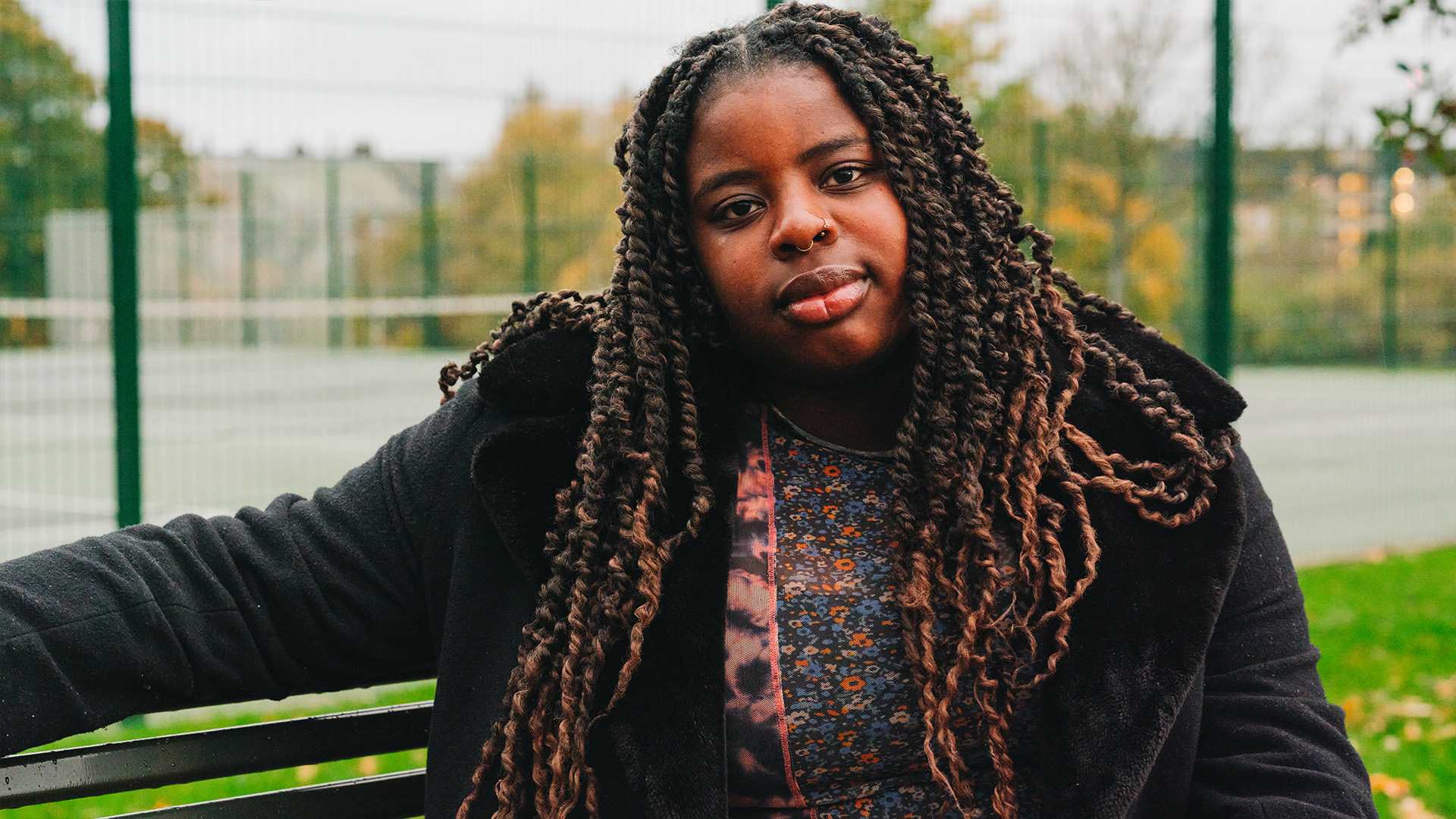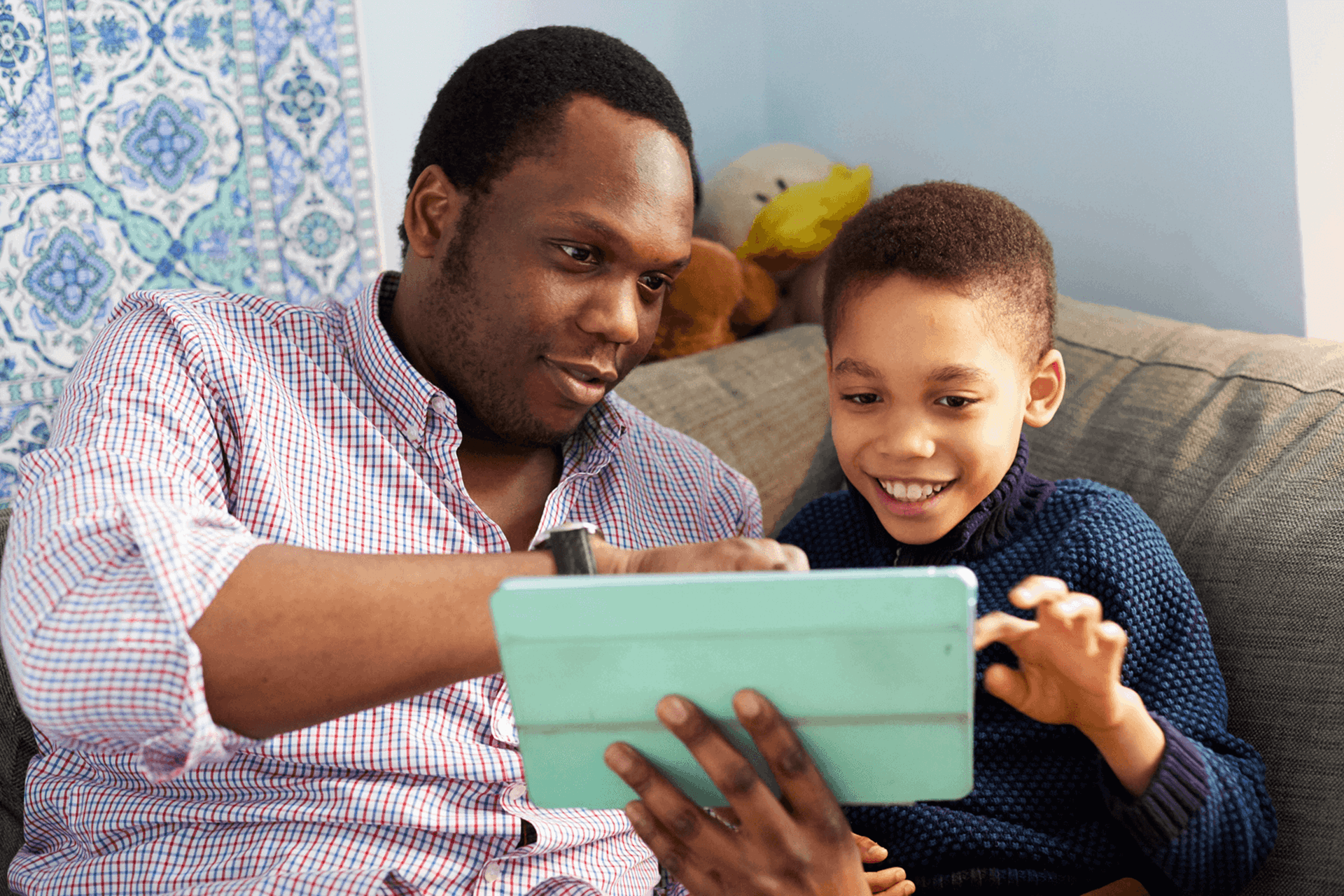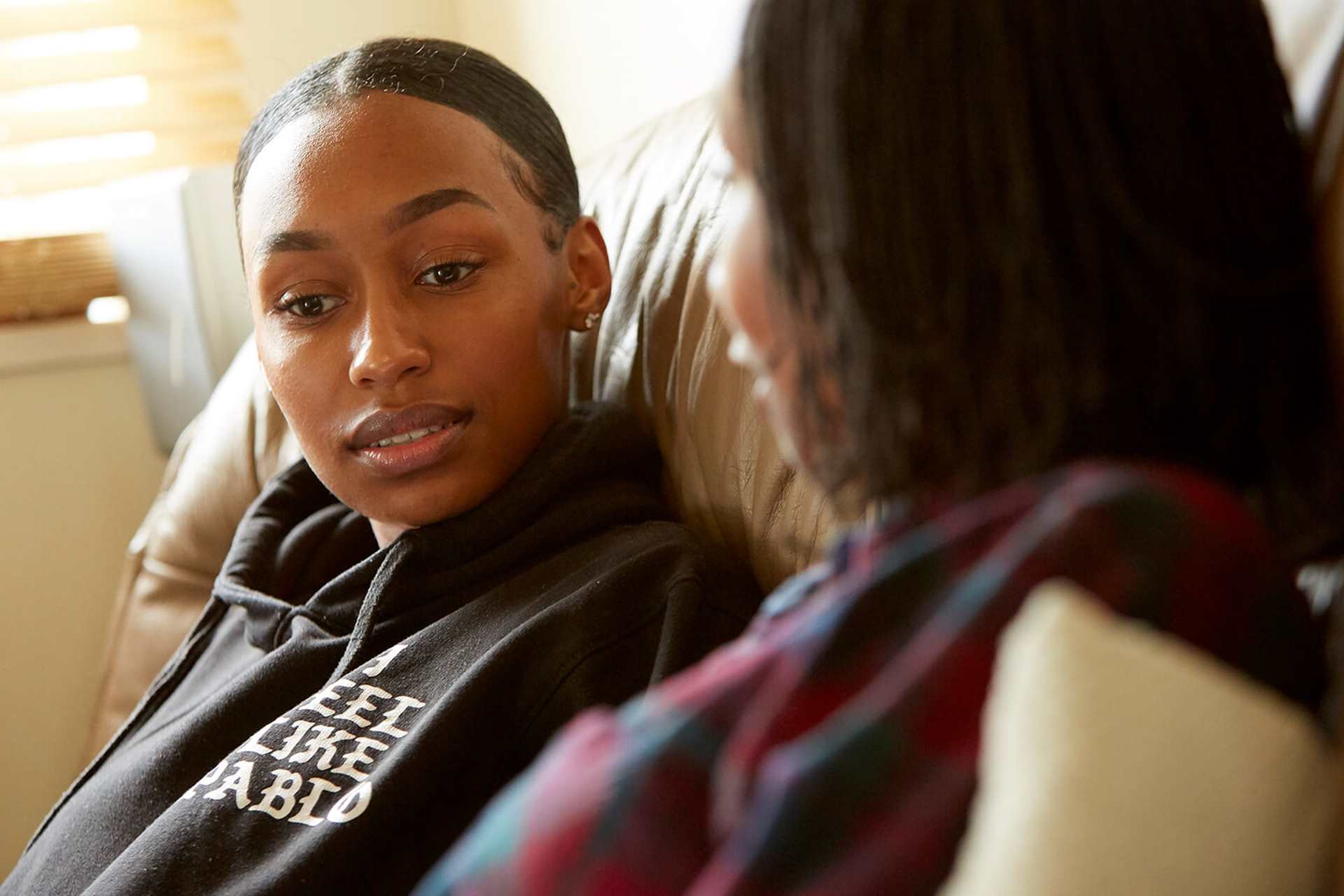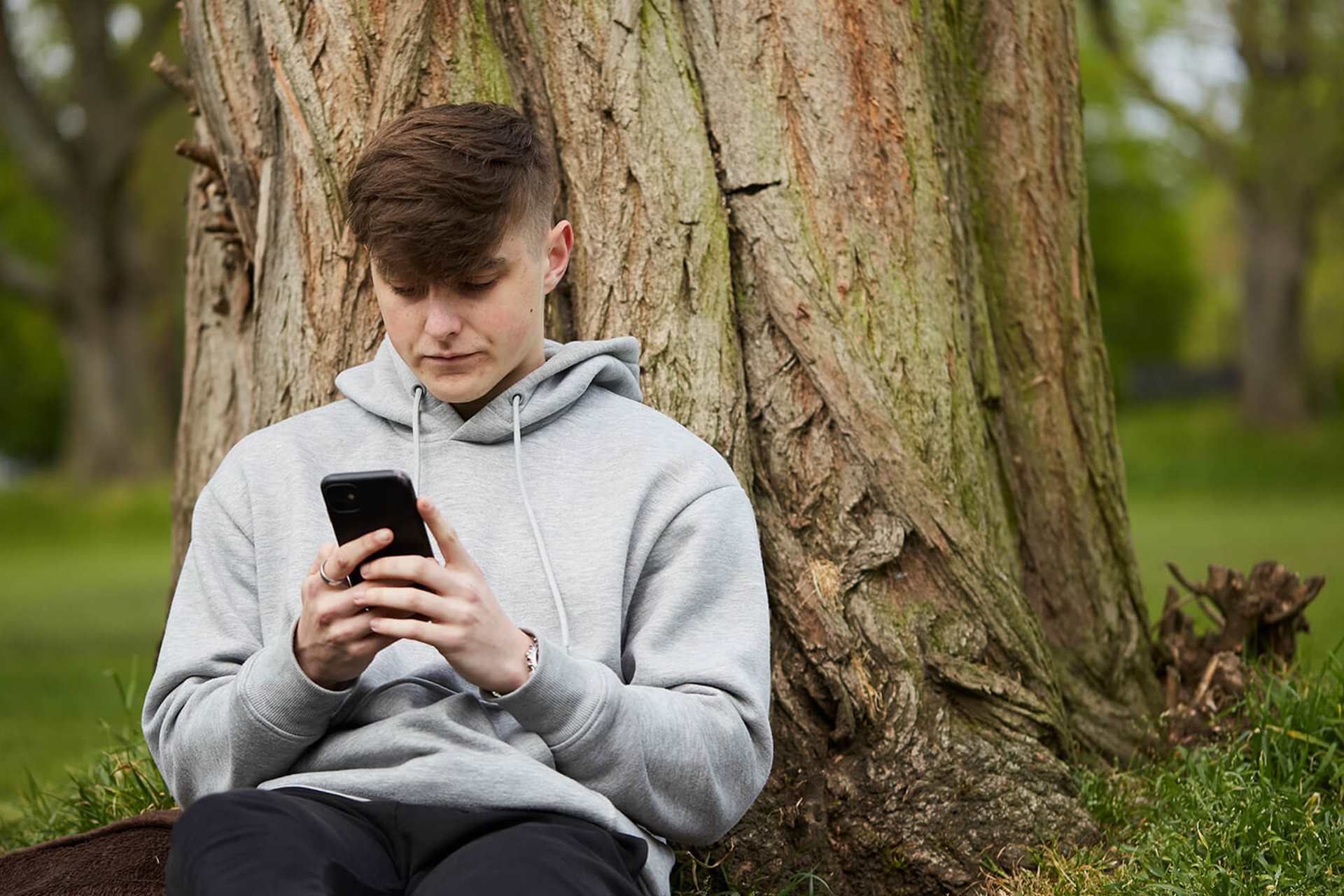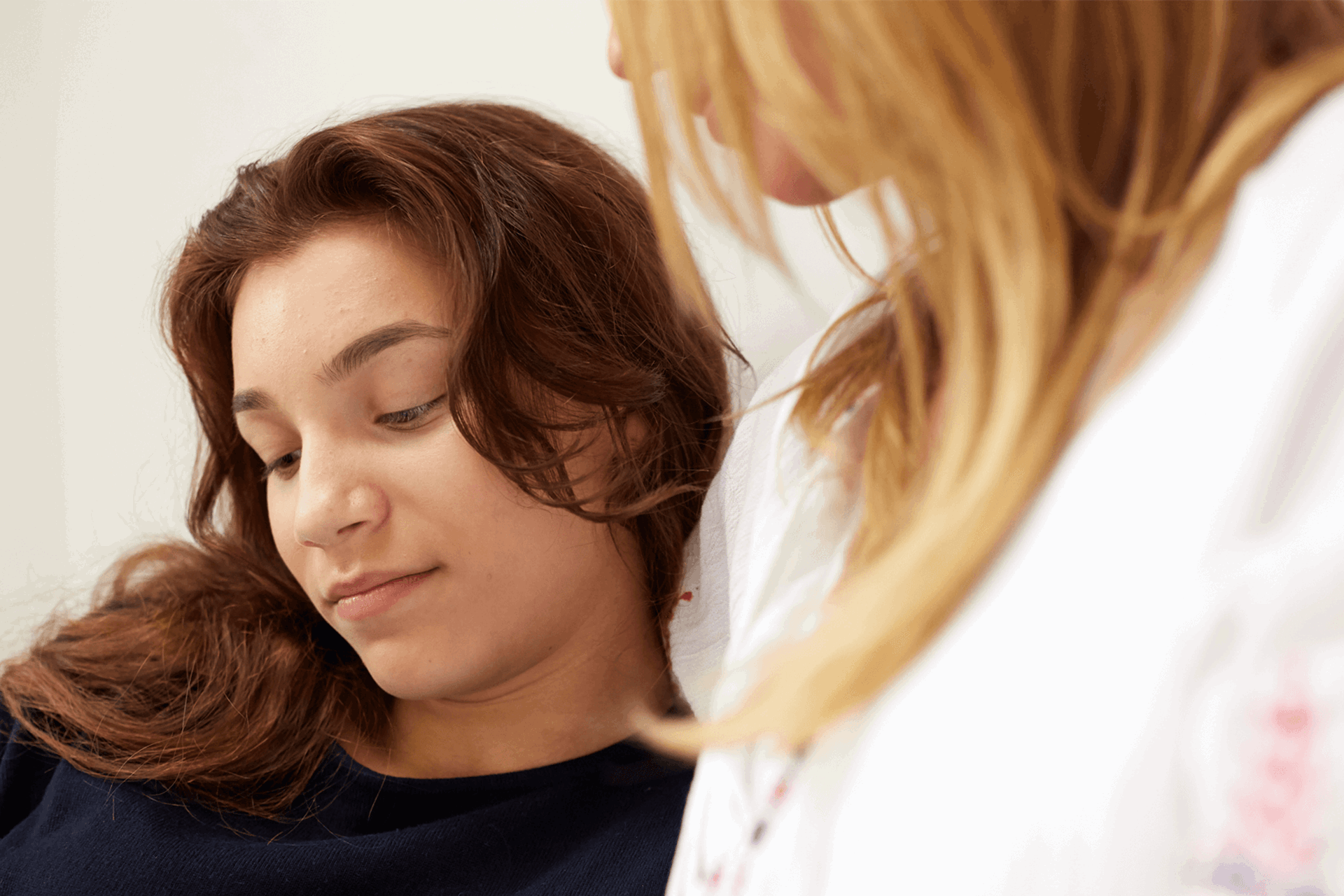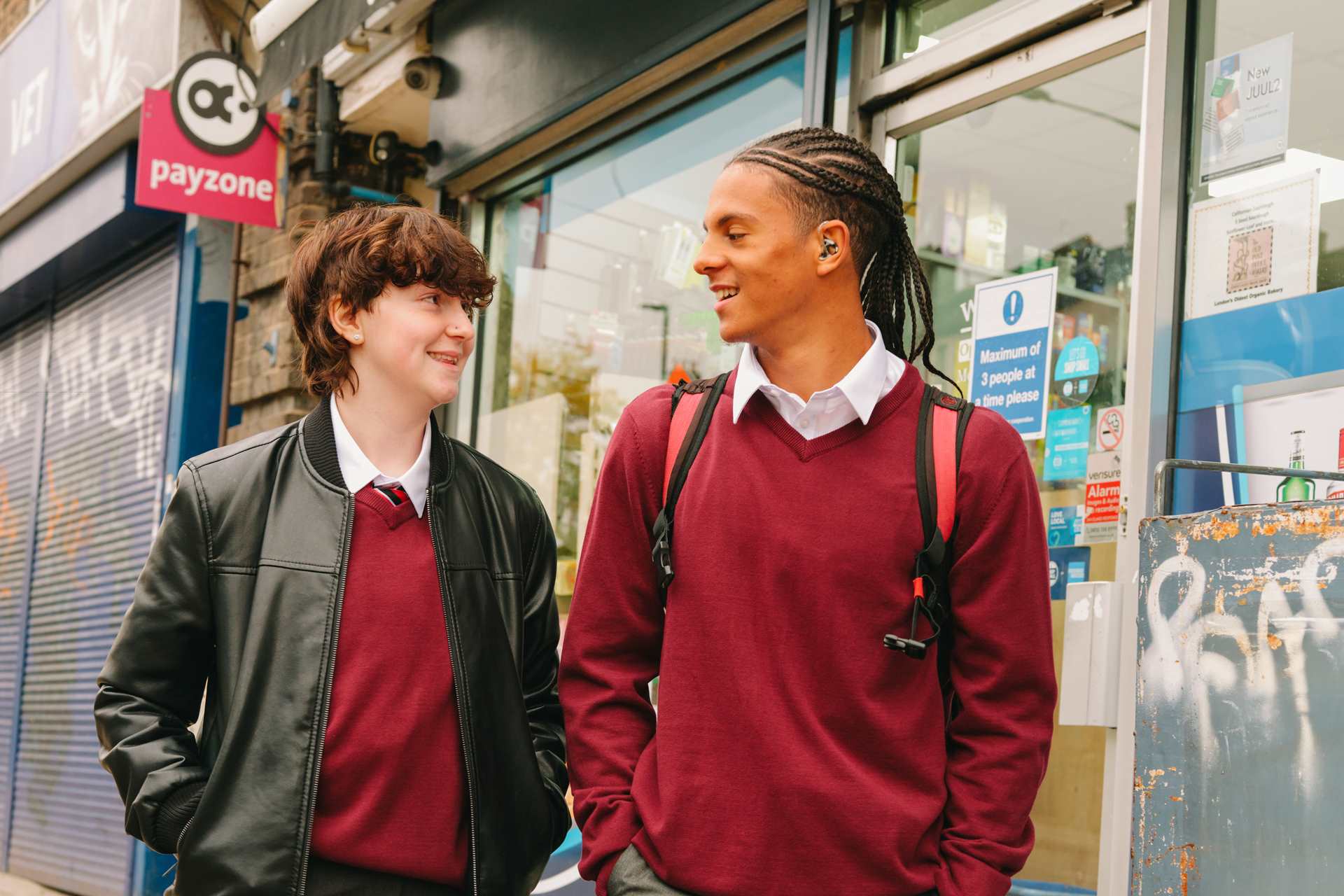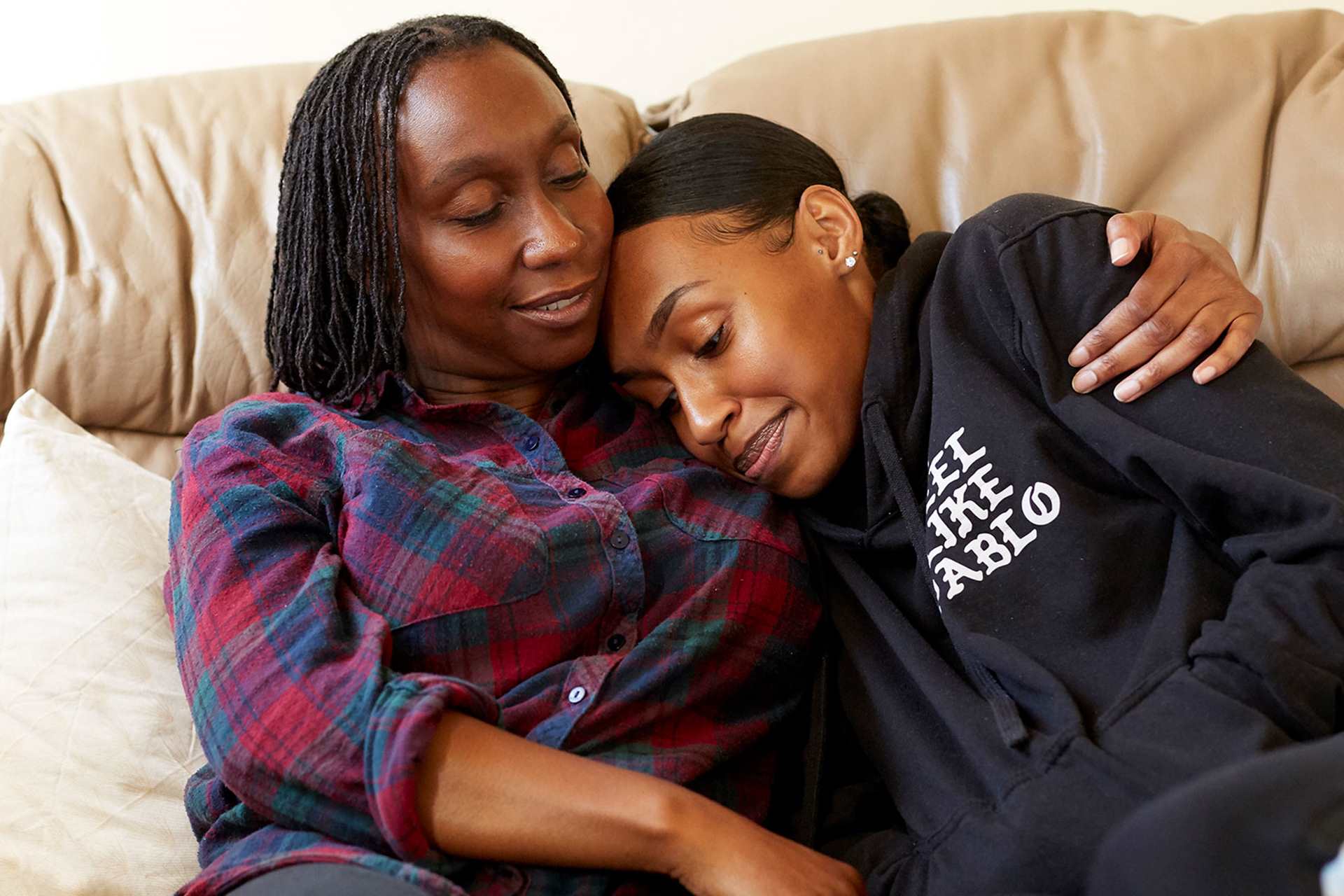Topics mentioned: autism, racism and mental health, gaming, bullying, school anxiety
About: Suzy Rowland is an author whose #happyinschool project, training and consultancy specialises in individual, parent and system support around autism and ADHD, rooted in lived-experience. Here she reflects on her son's experience as a Black autistic young person, and shares her tips for supporting your child with their own unique identity.
Autism and intersectionality is a delicious pairing. The autistic young people I know who are of mixed heritage dazzle with compassion and determination.
I’m writing this as a neurodivergent parent of an autistic teen, who endured a whirlwind of autistic and racial discrimination all through school. When I talk about ableism (discrimination against people with disabilities), it’s widely agreed that it’s wrong and painful. But when racial origin, gender or sexual identity are part of the conversation, people become less compassionate. It's hard to talk about autism and race in the same sentence, which leaves some autistic youngsters struggling to find out where they belong. As my son J said: “Sometimes I don’t know where I fit in.”
It's hard to talk about autism and race in the same sentence, which leaves some autistic youngsters struggling to find out where they belong.
Welcome to the world of autism intersectionality!
When Kimberleé Williams Crenshaw coined the term 'intersectionality' in 1989, the word was rooted in Black feminist activism, because she was a legal race scholar. From my experience, growing up in Birmingham to Caribbean parents, living inside black or brown skin can be both a blessing and a burden. People assume you’re a good dancer, a mugger, loud, defiant, seller of drugs. Autism is like that too. People (teachers, classmates etc.) assume you’re bossy, moody, naughty, opinionated. When you’re autistic (possibly with other conditions) and Black*, people’s assumptions leave you feeling misunderstood, ashamed, and alone. When you’re young, it’s hard to realise that you are not the problem – it’s often the people around you, who haven’t taken the time to get to know you.
I won’t sugar coat it: parenting a young autistic person requires a unique blend of parenting styles. When my son was at school, we faced down academic pressures, risks of school exclusion and difficulties with friendships. In the early years, I struggled with it all. Things only improved once I recognised we needed to adapt the manuals, as they weren’t working for us.
When you’re young, it’s hard to realise that you are not the problem – it’s often the people around you, who haven’t taken the time to get to know you.
Dot dot twitch
During his tweens, I had mixed feelings about how much of J’s spare time was spent online. On the plus side, he built strong connections with neurodiverse gaming tribes, resulting in a highly successful YouTube channel and lots of online friends. It was great to hear him laughing and chatting through the door, but there were downsides. Late nights meant tiredness at school and daytime irritability. There was online bullying and overt racist language. Being sensitive and autistic meant the unkind words harmed his self-esteem. Comparisons with online peers, technical issues with PCs, and all of it in techy language I couldn’t understand. These are the same challenges his autistic peers faced. With the added dimension of being Black and autistic.
Autistic people face discrimination in a non-autistic world. Black autistic people face this and racial discrimination too. That’s the crux of intersectionality; how do you define the origin of the discrimination your child may be experiencing when it is likely due to the combined effects of these?
Autistic people face discrimination in a non-autistic world. Black autistic people face this and racial discrimination too. That’s the crux of intersectionality.
What to do if your child may be struggling with their unique autism identity
-
Listen to your child, trust your instincts about everything.
-
Learn as much as you can about autism and how it shows up in young people.
-
Building a family tree is a cool starting point to share personal/family history with your child. This can help them develop a sense of pride and knowledge in themselves, and in your family’s culture and country of origin.
-
Discover books by diverse authors who share their lived experiences. There's: Black, Brilliant & Dyslexic by Marcia Brissett-Bailey; Awesome Super-Duper Me by Nadene Martin, who runs charity Voices For Autism; and S.E.N.D. in the Clowns and I Can’t Go To School! by Suzy Rowland.
-
Find or create an inclusive support group where your child can be themselves; we found a fantastic drama club.
-
Use your child’s special interests as a starting point to build their connections and confidence.
Autism and intersectionality is a delicious pairing. The autistic young people I know who are of mixed heritage dazzle with compassion and determination. If they’re given space to figure out who they are, and encouraged to communicate their individual passions and dislikes, they become less interested in ‘fitting in’ and more interested in being their unique selves.
Sitting comfortably at the table, supporting others
My Black autistic son meets autism and intersectionality head on. He’s achieved this through building awareness of himself as a Black male, and piecing together his unique autistic presentation. With growing confidence, he is aware enough to define and personalise his tribe. In his last year at college, he’s been Student Officer and supports the LGBTQ+ group. He describes himself as an ‘ally.’ I’ll take that.
My Black autistic son meets autism and intersectionality head on. He’s achieved this through building awareness of himself as a Black male, and piecing together his unique autistic presentation.
*Black or brown people of African, Caribbean, Asian diaspora or heritage.
More information and advice
We have more tips to help you support your child with their mental health.
Useful helplines and websites
If your child or young person needs some support, these organisations can help.
-
BAATN (The Black, African and Asian Therapy Network)
A directory of accredited therapists and services with expertise in working with African, Caribbean and South Asian experiences.
-
Black Minds Matter
Connects Black individuals and families with free professional mental health services across the UK.
Spread the word
